Boeklancering Metrodora-reeks
Op maandag 28 april verwelkomen we je in De Groene Waterman voor de feestelijke lancering van de nieuwe boekenreeks Metrodora × Letterwerk! Deze reeks duikt in de fascinerende wereld van de Health Humanities en werpt een frisse blik op gezondheid, wetenschap en maatschappij.
Tijdens de avond krijg je twee korte lezingen:
- Daan Kenis is filosoof en apotheker. Hij is de auteur van het eerste boek in de Metrodora-reeks. Hij spreekt over Datageneeskunde – een kritische reflectie op gepersonaliseerde gezondheidszorg, wearables en de ethische dilemma’s rond data en algoritmen.
- Kristien Hens is hoogleraar in de bio-ethiek aan de Universiteit Antwerpen. Zij presenteert haar nieuwe essay, Denken met microben – een filosofische verkenning van gezondheid en identiteit aan de hand van microbiële wetenschap.
Na afloop gaan beide auteurs in gesprek met Thomas Crombez over de bredere impact van hun werk en de rol van wetenschap in onze samenleving.
📍 Waar? Boekhandel De Groene Waterman, Wolstraat 7, 2000 Antwerpen
📅 Wanneer? Maandag 28 april, 19u30
🎟️ Gratis toegang, maar reserveren aanbevolen: https://www.mixily.com/event/3379251788145284272
Health Humanities Network Event
On 30 May '24 Metrodora organised a network event for researchers interested in all matters health humanities. The event took meaningful place at Campus Drie Eiken, the University of Antwerp Campus for Life Sciences. Forty researchers and experts from the biomedical field and from the humanities gathered to meet and explore common interests, to talk about topics that require interdisciplinary approaches such as birth, death, youth, vulnerability and environment, disability studies... Also, during the event, the artwork HANDS by medical artist Pascale Pollier, was presented. The initiative was met with great enthusiasm and we hope to have inspired cross-disciplinary initiatives.
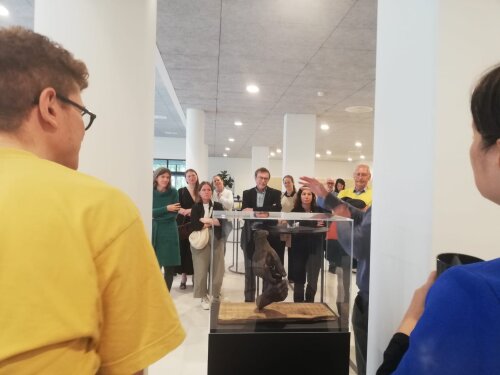
Podcast series Autistic Counterstories
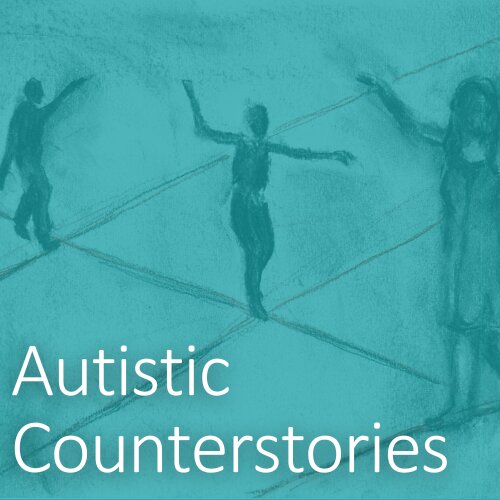
Autistic Counterstories is a three-part podcast series, in which we celebrate and affirm the diverse perspectives of autistic people, informed by research developments and lived experiences.
The podcast was released in February 2024. On Friday March 29 10:30-15:30 we organise a collective listening and reflection day in Antwerp. More details here. All welcome!
· EP1: When we imagine an autistic person.
· EP2: Autism as a mixing board.
· EP3: On autistic and queer identities.
ZIJDENKERS: De blik van vrouwelijke filosofen op de wereld van nu. Kristien Hens op KLARA
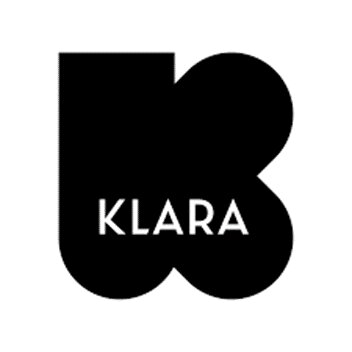
Op dinsdag 29 maart was bio-ethica Kristien Hens te gast bij Greet Van Thienen in het programma Zijdenkers. Ze hadden het over de vraag 'Hoe te leven op een beschadigde planeet?' Kristien Hens vertelt hoe zij samen met andere hedendaagse filosofen over deze vraag nadenkt. Dit altijd met de voeten in de modder van de realiteit, want filosofie van nu heeft iets van loodgieterij: het onthult verborgen structuren en gaat uit van de rommeligheid van het leven. De mens is verweven met andere biologische organismes (zwammen, bacteriën, bomen, niet-menselijke dieren) en net die toevallige ontmoetingen scheppen kansen voor een mogelijke toekomst.
Herbeluister de aflevering hier
Show Me the Science: Crip Camp: a disability revolution
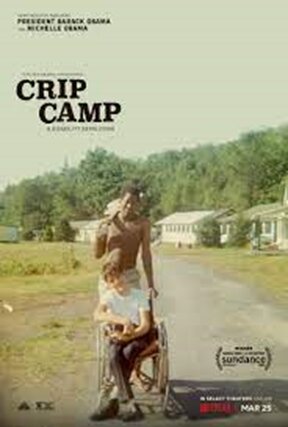
Dinsdag 22 maart om 19.45 u wordt de documentaire 'Crip Camp' van Nicole Newnham en James LeBrecht vertoond. Deze vertoning is gratis. Het gaat over een revolutionair zomerkamp, 'Camp Jened', dat een groep tieners met een beperking inspireert om voor hun rechten op te komen en om een beweging op te richten. Een belangrijk stuk geschiedenis in de rechten van de mens. Na de film is er een nabespreking met cultuurwetenschapper Leni Van Goidsenhoven en psychiater Winny Ang.
Praktische info:
Waar? Universiteit Antwerpen, R.004, Rodestraat 142000 Antwerpen
Wanneer? dinsdag 22 maart 19.45-23.00
Gratis
Meer info: http://www.uantwerpen.be/show-me-the-science
Podcast "Conversations about Arts, Humanities and Health"
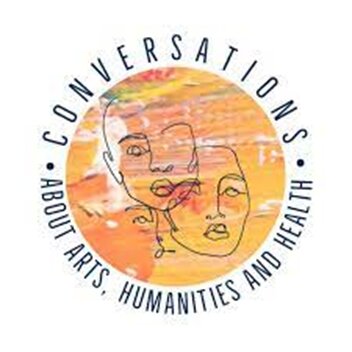
Dieter Declercq (Kent) maakt samen met collega Ian Sabroe (Sheffield) een (Engelstalige) podcast rond kunst, gezondheid en geesteswetenschappen. De podcast telt reeds 11 afleveringen en kan je hier beluisteren.
This podcast is part of the project 'Conversations about Arts, Humanities and Health', a series of free online events where scholars, health professionals, and the public discuss how arts and humanities can inform healthcare. Hosted by the University of Kent and with the support of the Winston Churchill Memorial Trust, these conversations seek to develop meaningful dialogue and connection between humanities and medicine. Each one of these events will form the basis of an episode of the podcast.
Want to stay in touch?
28 Oct '24 - Metrodora Lunch Talk: 'Ways forward: The Greening of Death in Aotearoa New Zealand'
On Monday October 28 prof. Ruth McManus (University of Canterbury, Christchurch New Zealand) will give a Metrodora Lunch Talk entitled "Ways forward: The Greening of Death in Aotearoa New Zealand"
When: 12:00-13:30
Where: University of Antwerp, Stadscampus, Rodestraat, R.006.
Everyone is welcome but registration is required via Katrien.Schaubroeck@uantwerpen.be.